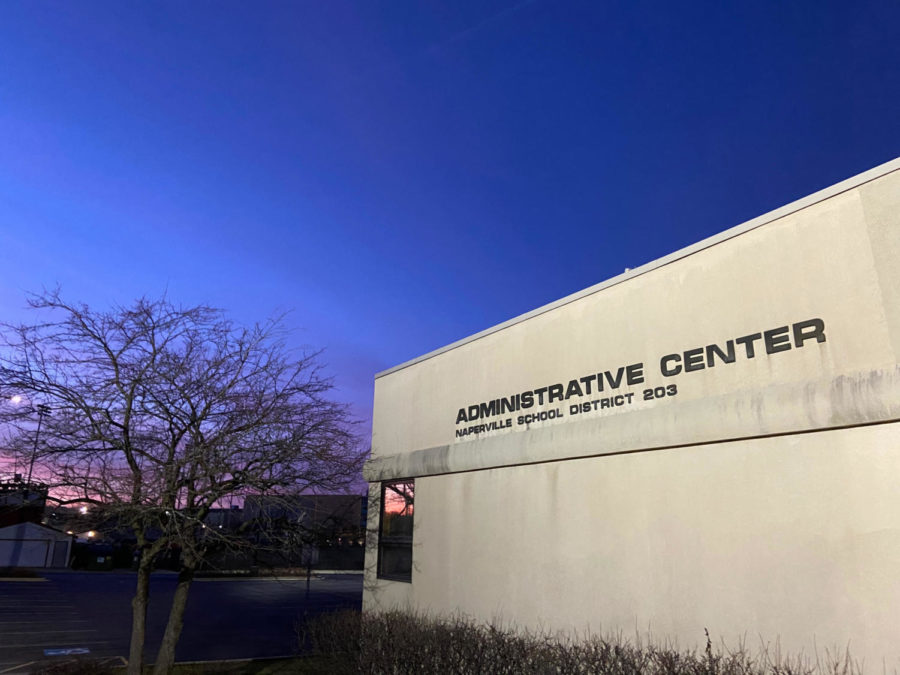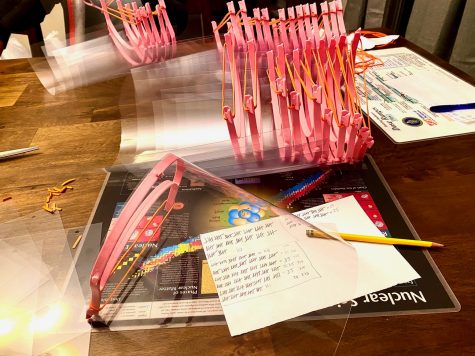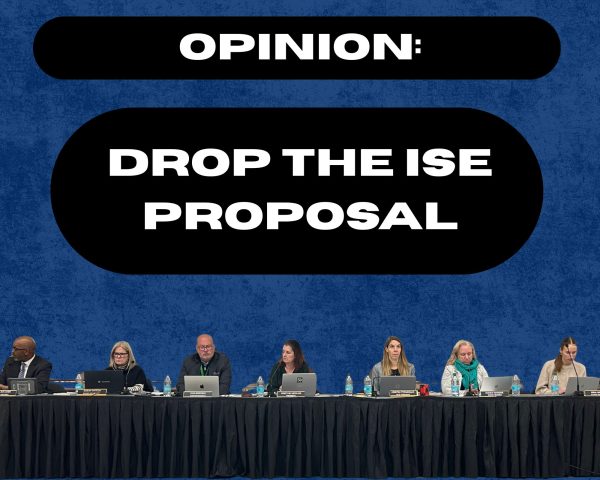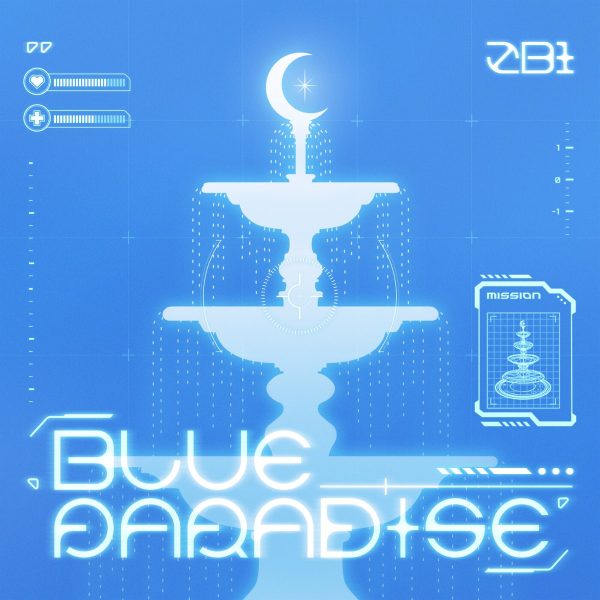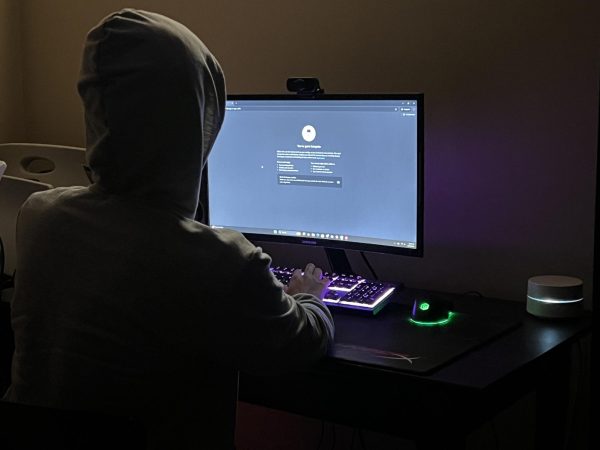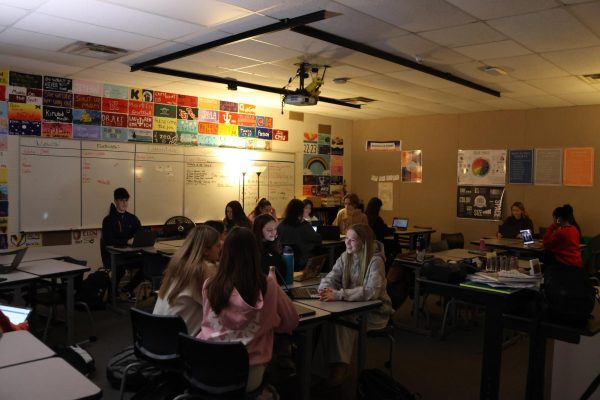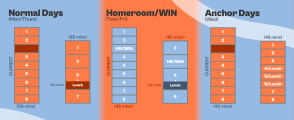Opinion: District policies need an update to protect free speech, free press
Photo by Nicholas Chen
From 1988 to 2016, student press rights were severely restricted by the ruling in the Supreme Court Case Hazelwood vs. Kuhlmeier, which gave school administrators wide latitude to use prior review and prior restraint over the content school publications produced. In 2016, however, the Illinois New Voices Act restored many of the rights of student journalists and established a modern precedent for student press freedom.
This is why recent events involving Naperville Central’s student newspaper, the Central Times, have ignited a First Amendment debate in District 203 due to outdated policies. The district appears inclined to finally address this shift in legislation by updating school policy. Executive Director of Communications Sinikka Mondini said the school board will review the policy as early as this spring. The North Star is heartened by this development because the publication policies are in desperate need of an overhaul. However, all student publications in the district, including The North Star and the Central Times, need to be involved in the revision of policies to assure that student journalism rights are protected.
In censoring the Central Times, the district didn’t appear to follow its own policies.
The section entitled “Prohibited Material” of School District Policy 7:320 School Publications states, “The E-I-C [editor-in-chief], advisor, and building principal will discuss ramifications of the publication and attempt to reach consensus on the issue of publication…” However, the Central Times editorial claims that when district officials and the school principal requested to meet with the Central adviser, Keith Carlson, in relation to “concerns about the article,” E-I-C Vivian Zhao’s invitation to attend was declined.
Furthermore, the next point in the district’s policy states, “If a consensus [regarding publication of a controversial article] cannot be reached, the articled [sic] will be submitted to the Student Press Committee… A recommendation will be attempted to be given to the building principal…” But, Carlson said in an interview that he did not even know of the existence of the Student Press Committee, and it was not mentioned by the district.
From our vantage point, it appears the district did not even enforce its own written policy on more than one occasion. School District Policy 7:310 Restrictions on Publications states that “School authorities may edit or delete material which is inconsistent with the School District’s educational mission.” This extremely broad policy, at odds with the new law, applies to “School Sponsored Publications,” and there is also a whole different set of restrictions for “Non-School Sponsored Publications.” According to New Voices, any media produced by a student journalist in a public school is considered “school sponsored media.” The district policy refers to a distinction that no longer exists in the law.
In fairness to district officials, the Central article addressed a particularly sensitive issue: The privacy of special education students must be protected and there are many overlapping rules and laws between freedom of speech and the privacy of special education students. However, it is precisely because of the issue’s controversy that we should have a clear, enforceable policy. Censorship should be a last resort, and, as far as The North Star can tell, the remediation process outlined in district policy simply doesn’t exist. The old policy, in this case, has failed to protect the voices of student journalists.
If the proposed policies do not give student journalists reasonable protections, censorship remains an ever-present danger for the Central Times, The North Star and every student-run publication in District 203. The policy must make it clear that the district cannot decide on its own what is considered legal. Otherwise, in the extremely rare instances when censorship is valid, such censorship could be seen as mere image protection. We need a policy that balances free speech with good governance. Illinois New Voices was created to protect student voices, and it’s time the district’s policy exhibits the same concern for expression and freedom of the press to which every person — including students producing for publications — as stated in the Constitution, is entitled.
Our school district actually has a solid tradition of free speech, and The North Star is dedicated to helping uphold and expand that tradition. We stand ready to work with the district to craft a policy that balances the voices of its students.
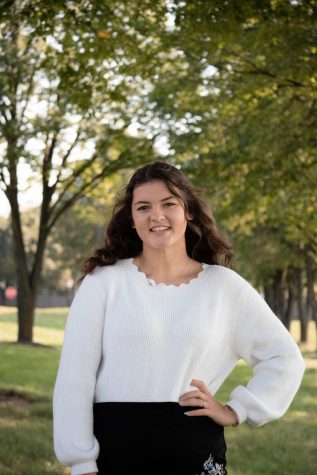
Megan is a senior at Naperville North and is thrilled for her third and final year at The North Star. As Editor-in-Chief, she is excited to expand the...

Olivia is a senior at Naperville North, and is absolutely thrilled to return to write for The North Star for her second year. She is currently the Editorials...
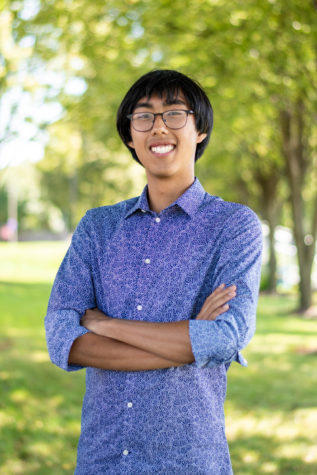
Nicholas Chen is a senior returning for his second year at The North Star as Hard News Editor. Continuing his quest to achieve news enlightenment, he hopes...

